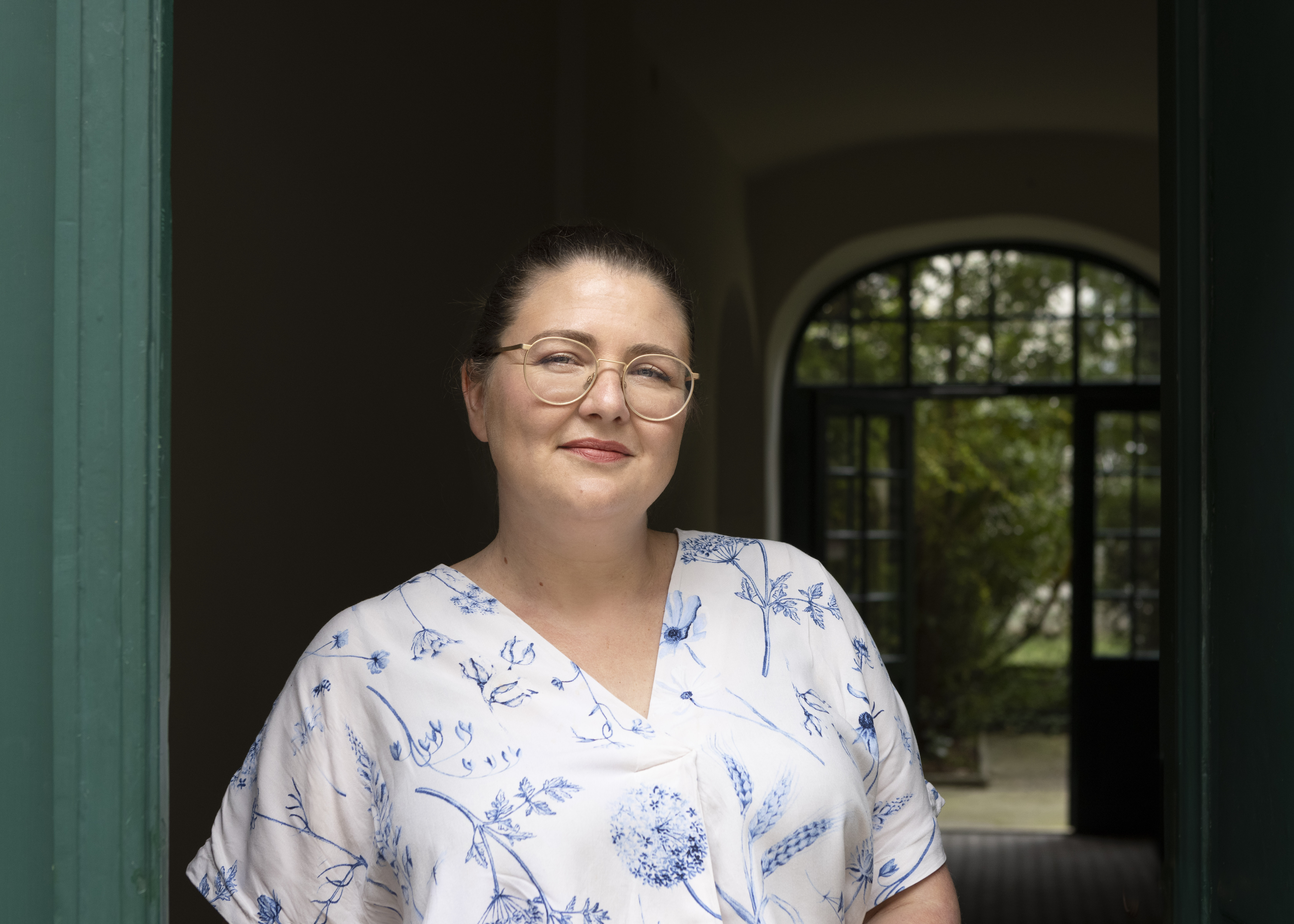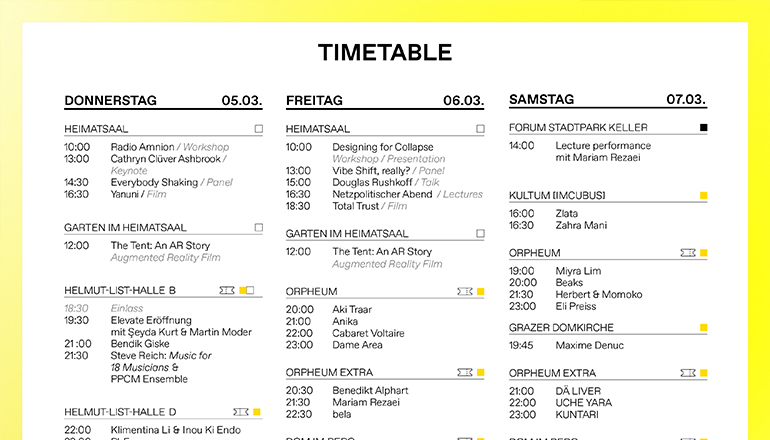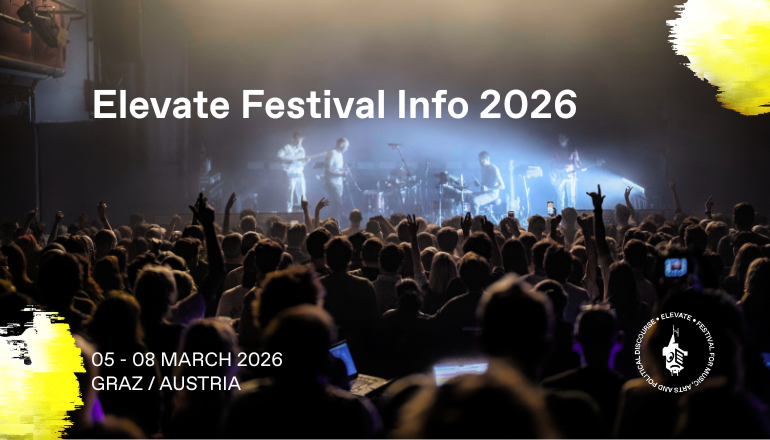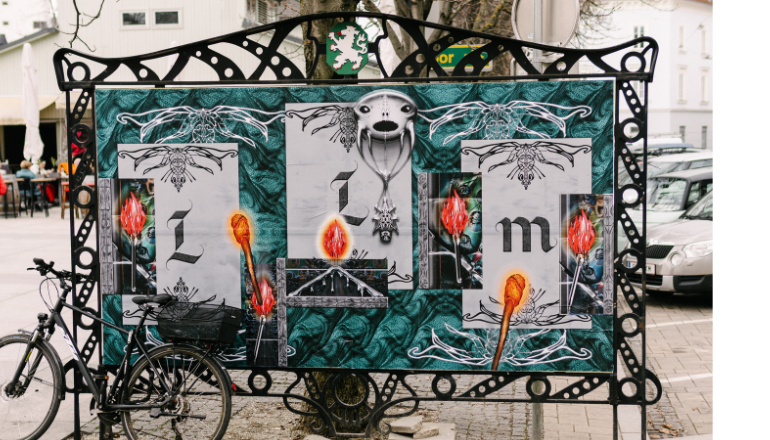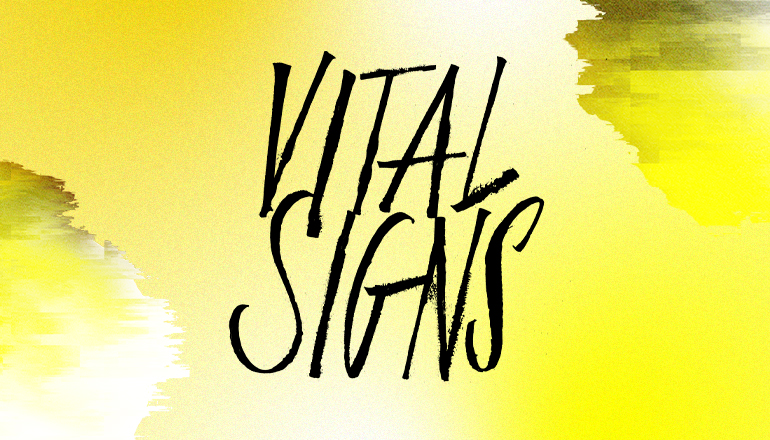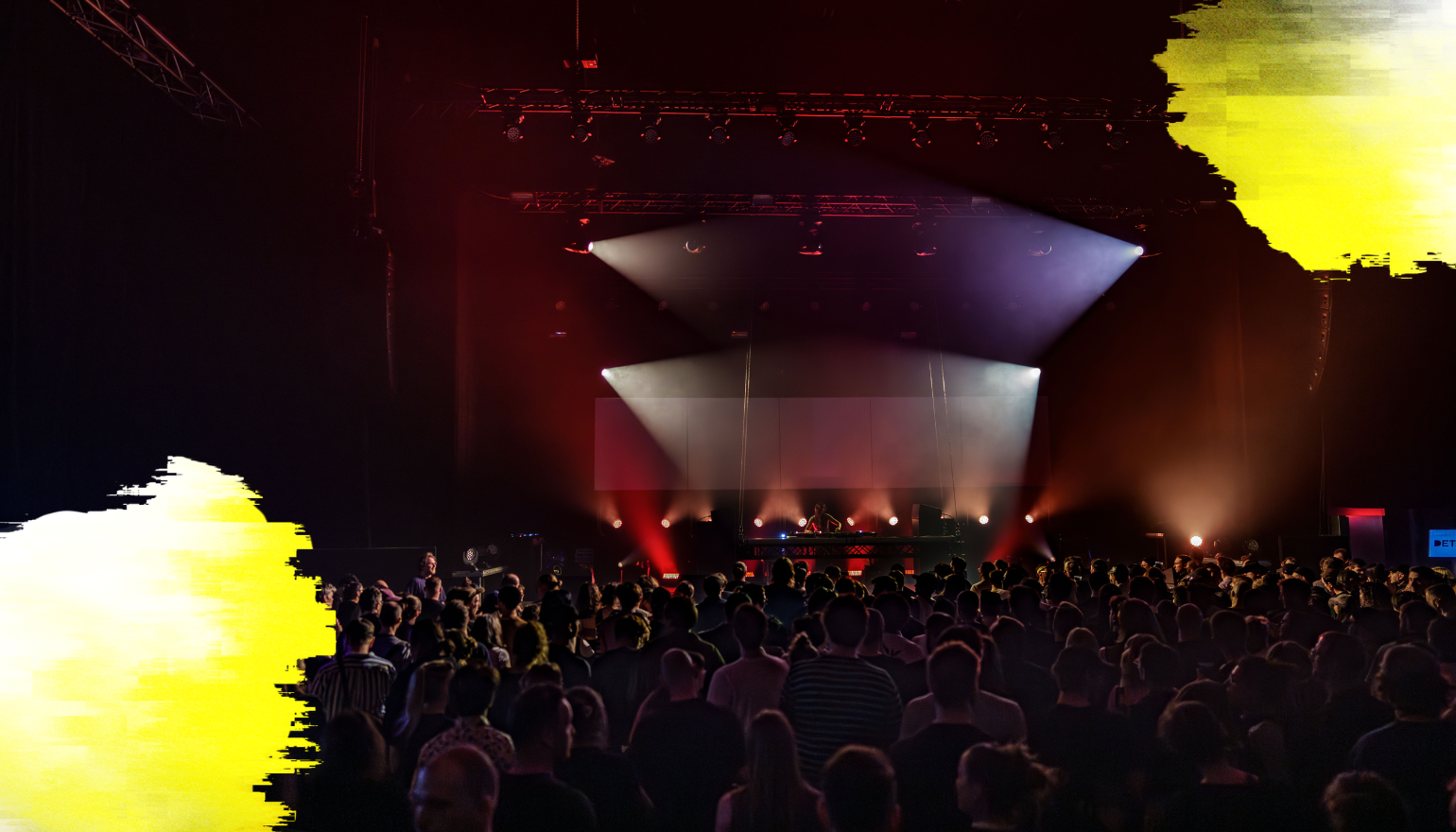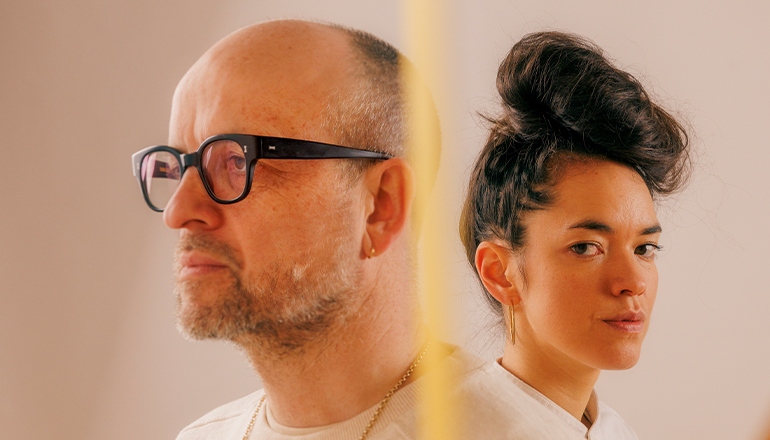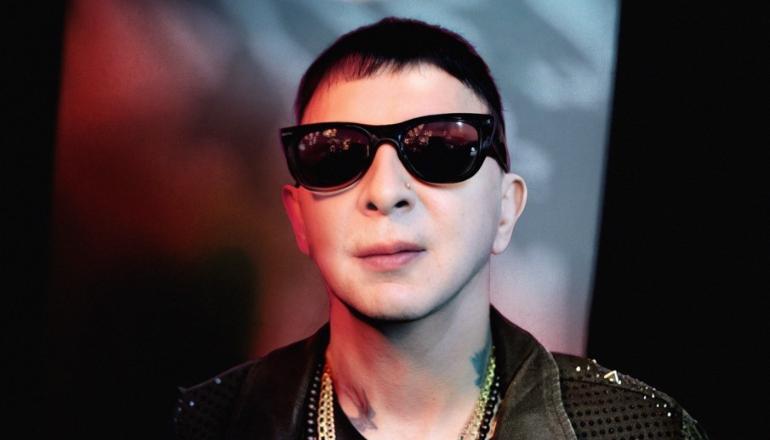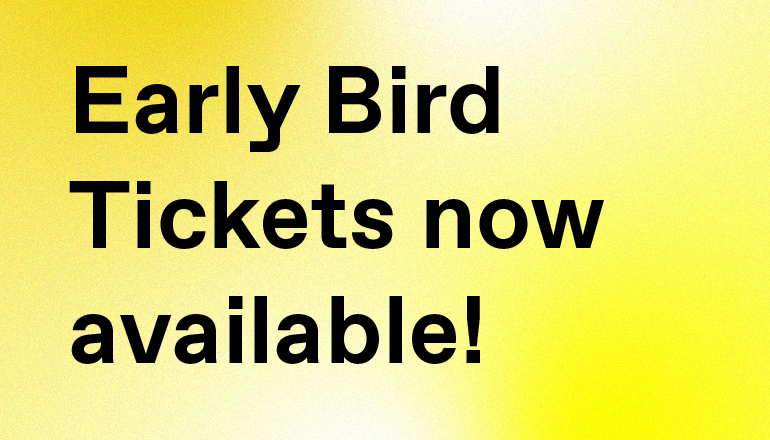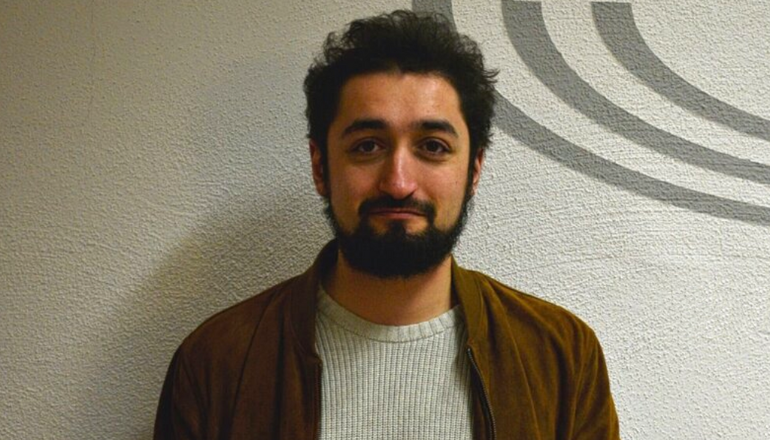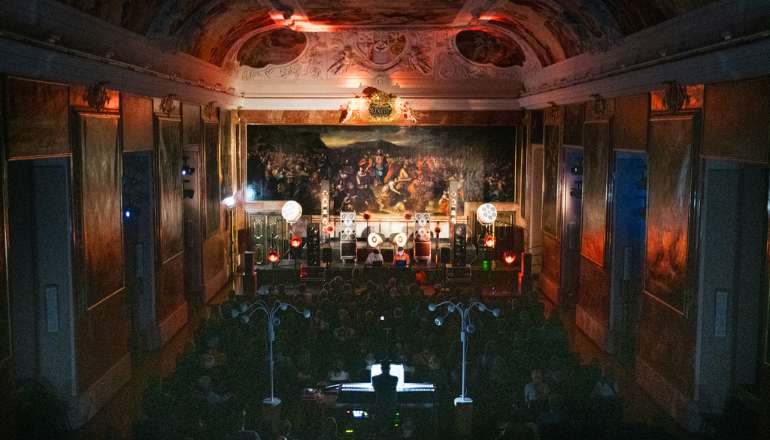"Democracy is a constant process of negotiation" - Interview with Nina Schnider
You are the co-founder of three organisations, all of which are committed in one way or another to shaping coexistence and strengthening democracy. Can you briefly introduce the three projects?
I'd love to! Demokratie21 is an independent, non-profit initiative. We work in a cross-party and co-operative manner to bring together a wide range of views, disciplines and sectors. Demokratie21 is active as an organiser, podcast producer and laboratory for public institutions and civil society organisations. https://demokratie21.at/
Demokratie21 is the Austrian organiser of Faktor D - the hub for democracy in Germany, Austria and Switzerland. We organise strategic and coordinated cooperation between democratic actors in order to jointly find answers to the challenges facing democracy. https://faktor-d.org/
relevant. is an independent platform for pressing social issues, solution-orientated journalism, democracy and the voice of civil society. We report on how people are trying to solve important social problems and what we can learn from their successes and failures. https://www.relevant.news/
You describe relevant. as a platform for ‘solution-orientated journalism’. You were also involved in a charter for constructive journalism at the taz conference for constructive journalism last summer. What is solution-orientated or constructive journalism about? What are examples of how it works?
The aim of critical-constructive journalism is to provide more complete descriptions of reality - with problems and solutions. It is not about a "more positive picture", not about pink as a counterbalance to the media's pessimism, but about the whole picture. We are guided by the 4 pillars of solution-orientated journalism:
1.) An answer to a social problem - and how that answer worked or why it didn't work.
2) Insight into how the solution works, what lessons can be learnt. The search for
3) Evidence (data or qualitative results) that demonstrates the failure or effectiveness of the solution. If no evidence is available, an explanation is given as to why the solution presented is still relevant. Most solutions are not perfect or only work under certain circumstances. Part of solution-oriented reporting is therefore also
4) to point out the limitations of the solution and present them in context.
Even if this type of journalism adopts a decidedly solution-oriented perspective, it is not PR for "good projects", but a facet of reporting that should be on an equal footing with investigative or commentary journalism, for example. Examples can be read at https://www.relevant.news/.
Demokratie 21 also publishes the podcast for political education. What do you think is needed for successful civic education in the classroom?
There are many approaches and they are all justified. In the current system, what is needed above all is the ability and courage of teachers to address more sensitive topics and to make space for discourse and cooperation with extracurricular programmes outside of the curriculum. What I would like to see for the responsible citizens of tomorrow: instead of education ABOUT democracy (e.g. institutional studies), more education FOR democracy (development of respect, tolerance and participation in a just system) and above all: more education in a DEMOCRATIC WAY: empowering the individual to cooperate, reflect and self-determine for a better life.
Democracy is not a foregone conclusion, but a constant process of negotiation. Dialogue with those who think differently is the core of democracy.
At Demokratie 21, you initiate conversations about the future of our democracy. Why is it so important to talk to each other about democracy?
Democracy is not a foregone conclusion, but a constant process of negotiation. Dialogue with those who think differently is the core of democracy. All opinions have their place. We are convinced that the future can be shaped. The prerequisite for this is to find out what kind of future we as citizens would like to have.
It is crucial to bring together as many different perspectives, experiences, knowledge and creativity as possible: from science, politics, journalism, public administration and organised civil society. To learn with and from each other.
Journalism is regarded as the fourth pillar of democracy, but it seems to have been in a crisis of confidence for years. Does journalism have a trust problem? How can this trust be regained?
When dramatisation and polarisation have reached a level that promotes division in society, the media itself becomes a problem. It's a potent brew: perceived mixing of facts and opinions, unrealistic topics, competition with easily digestible, freely accessible social media, confirmation bias, fake news and deep fakes ...
I believe that it is not only society that has retreated into its information bubbles, but also journalism itself. We have partly lost touch with our readership and need to find it again. What we are doing with relevant. is nothing new, but a return to a journalistic attitude that has always existed: not leaving readers feeling overwhelmed and helpless. Especially in times of multiple crises, it is important for the media to provide reliable information about attempts and efforts to make the world a better place. Because this information gives hope. I believe that hope is the way back to trust.
This year's festival theme was "Western Promises". What do you associate with it?
It is our collective responsibility to come to terms with our past and take a closer look. And it is a necessity to learn from it. A kind of reality check - what are the promises we have made to ourselves? What unites us in our diversity?
Constructs such as the EU and the United Nations promise human rights, peace and prosperity for all, although there is also an ambivalence in this. On the one hand, there is currently a strong empowerment of the global South and criticism of everything that is Western, the "old power" and dominance structures are being criticised. In all of this, we must not forget that the West is constructed on ideas of democracy and equality.
Freedom, security and equal rights for minorities are ideals that are currently being called into question by right-wing positions and identity politics. Do we want to dictate to the rest of the world what is right? In any case, I hope that freedom and democracy are preserved - and that there is self-determination and peace for everyone in the rest of the world too.
At Elevate, you moderated a panel on right-wing populism, right-wing extremism and their potential to corrode democracy. Where do you currently see these dangers and, above all, how can constructive action be taken against them?
I don't just see dangers where right-wing extremism and populism create a mood in favour of right-wing positions in current debates. But above all where democracy as a whole is called into question. This is about anti-democratic opinion-making, which is a kind of preparation for the actual gutting of democracy. In some countries in recent years, in Poland for example. To counteract this, we need good political education that recognises the seriousness of the situation. And we need a democratic scene that is much more coordinated and strategic, i.e. focusses its combined strength where it is most needed. We need to strengthen the dams exactly where a breakthrough is imminent. Together we can do that.
Thank you very much for the interview!
